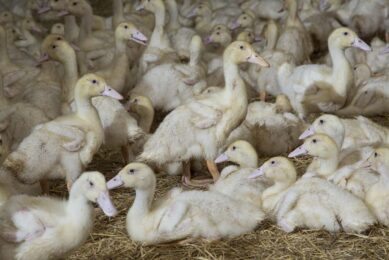Household pets could spread bird flu
Scientists are recommending that more research be done into the potential role of pets in spreading bird flu.
Scientists say that cats, for example, can contract the virus through contact with domestic and wild birds and excrete the virus from their respiratory and digestive tracts.
No cases of humans being infected by a cat or dog have yet been reported, but researchers are calling for heightened analysis of the possibility. Pets often live a dual life – roaming outdoors, chasing birds and then returning home to nuzzle and play with people. Cats have caught the H5N1 virus by eating infected birds, though the reported cases are rare. Many experts believe the risk is very low that pets could pass the disease to humans but this view is not conclusive.
Professor Jeffrey Waage of Imperial College London – a member of Britain’s Department for Food, Environment and Rural Affairs – has issued a review of the science underpinning the government’s avian flu contingency plans.
“The ability of mammals to contract and transmit the avian influenza virus has important human health implications,” said Waage. “We know about cats as a potential host for avian influenza because of the extensive infection of cats in Asia in outbreaks there.”
Waage said that exposure to the virus by feral cats, farm cats and household pets could be significant.
Join 31,000+ subscribers
Subscribe to our newsletter to stay updated about all the need-to-know content in the poultry sector, three times a week. Beheer
Beheer








 WP Admin
WP Admin  Bewerk bericht
Bewerk bericht